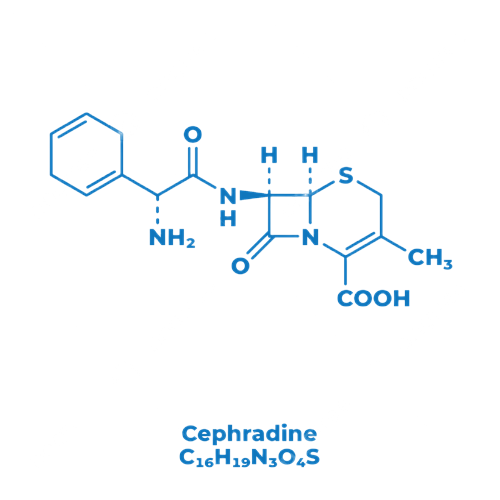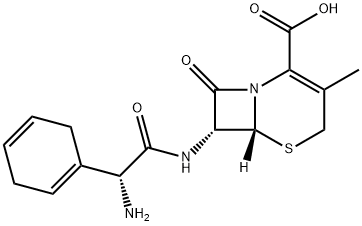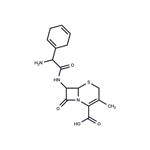Antibiotic drugs
Cephradine is a cephalosporin (SEF, a low spore) antibiotic drug. It has a highly effective antibacterial action and is used to treat a wide range of bacterial infections. However, it is not used for viral infections (e.g., common cold, flu). Unnecessary use or overuse of any antibiotic can make it less effective.

Uses
Cephradine is used to treat infections caused by bacteria, including upper respiratory tract infections, ear infections, skin infections and urinary tract infections. It may also be used for other purposes not listed in this medication guide.
Side effects
Possible mild side effects of Cephradine include: upset stomach, dizziness, diarrhoea, nausea and vomiting, muscle stiffness or tightness, joint pain, feeling restless or hyperactive, bad taste in the mouth, mild itching or rash, vaginal itching or discharge. Serious side effects include: watery or bloody diarrhoea, fever, chills, body aches, flu symptoms, chest tightness, abnormal bleeding, seizures (convulsions), pale or yellow skin, dark urine, fever, confusion or weakness, jaundice (yellowing of the skin or eyes), rashes, bruising, severe tingling, numbness, aches and pains, muscle weakness, sore throat, and headache with severe blisters, peeling, and red rash , or increased thirst, loss of appetite, swelling, weight gain, feeling short of breath, urinating less than usual or not at all. A few patients experience allergic reactions such as hives, difficulty breathing, swelling of the face, lips, tongue or throat. In case of any serious adverse reaction or allergic symptoms immediately stop the medication and consult your doctor promptly.





